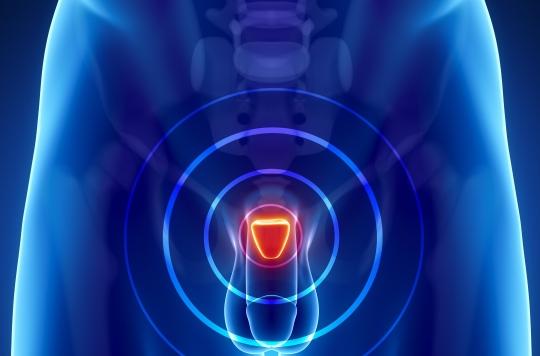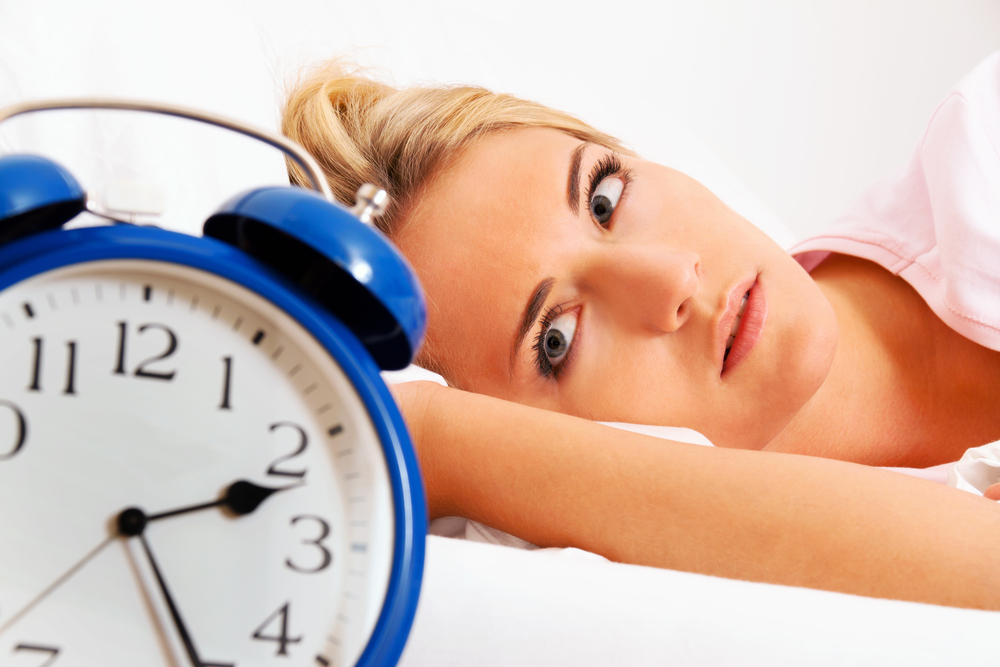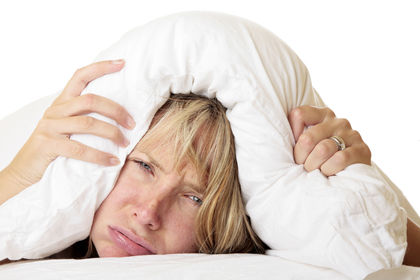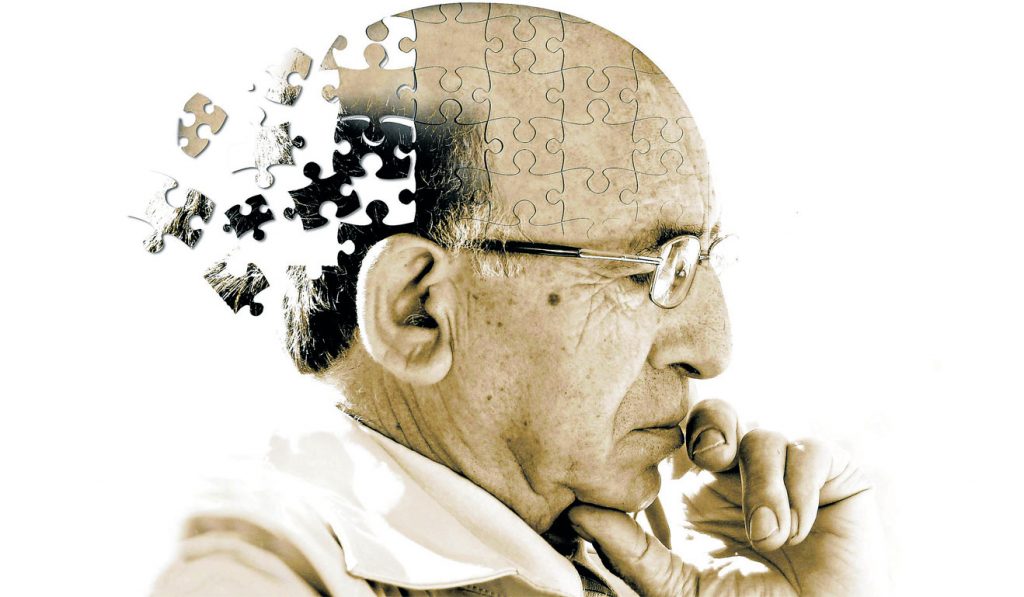Over the past few decades, more and more people are now practicing yoga for the benefits: it improves breathing, it’s a workout on its own, but perhaps the best reason for yoga is that it’s a fitness routine you can do in the comfort of your own home. However, while stepping onto the mat itself for the first time can be the most intimidating part for many people, it doesn’t have to be the case for you.
Here are five tips you need to know before getting started with your first yoga session:
- Warm up

A gentle warm-up exercise loosens your body the same way you would warm-up for any intense physical activity. Be sure to include the following exercises in your pre-session routine:
- Massage the heat, brows, and cheeks for better circulation
- Rotate your neck clockwise and counterclockwise to get rid of any stiffness
- Dress comfortably

When practicing yoga, it’s important to wear clothes that allow for a wide range of movement since you’ll be stretching your limbs in poses that will really test the limits of your flexibility. Get yourself started with the basics – stretchy pants and a top – and since you’re bound to get sweaty, a change of clothes and a towel is also a great idea.
- Stay on an empty stomach

Aside from staying hydrated through the day, it’s recommended to practice yoga at least two to three hours after your last meal. This allows your body to focus all its energy in the session rather than in digesting your food.
- Invest in a sticky mat

For some poses, having a sticky mat is indispensable since the added traction helps your skin stick to the mat, allowing you to focus your weight and hold that pose for an extended period. Beginners will especially love the sticky mat since it allows them to keep their balance with some poses and avoid different muscle problems like spasms and strains the more they practice.
- Focus on the spiritual part

Yoga is indeed about practicing spiritual awareness and mindfulness, and what brings them all together is the focus on meditation, which is a key practice for getting out of your autopilot and taking active control of your decisions.
Also crucial in practicing meditation and yoga (you can also practice yoga as a way to meditate) is proper, mindful breathing. Actively focusing on every breath can be a challenge at first, but gets easier with practice.
If there is one thing you should keep in mind, it’s that relaxing can be the hardest part of the entire routine, especially if you’re used to earning that rest and it feels strange to give it to yourself.
However, it’s also the reason why it’s special for those who practice it on a daily basis, and the more you practice every day, the more you’ll understand it for yourself.
Read More
























